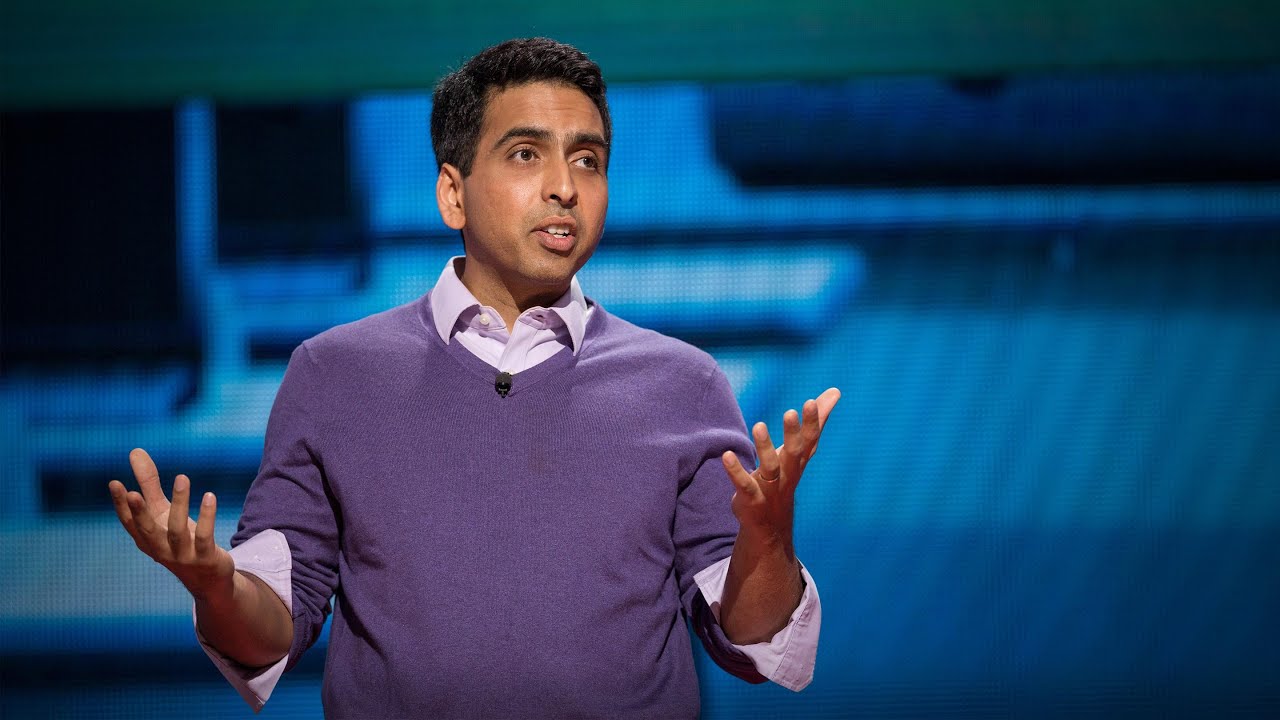With a pandemic sweeping the globe, schools are increasingly moving learning online. As a result, Sal Khan (or Salman Khan), the founder of Khan Academy, has seen a huge rise in traffic.
Prior to the coronavirus outbreak, Khan Academy already had millions of users and billions of hits. Since the site’s founding in 2008, students have used it to supplement their school courses, bolster their test scores, and satiate their curiosity.
Now, Khan focuses his efforts on expanding Khan Academy to a meta level. New videos offer teachers, parents, and other educators information and tips on how to maximize student learning in a home environment. Khan met with a number of colleagues and educators to see how he could best help people adjust to these changes.
“We set up a war room to help families,” he says. “We started with the idea that parents are overwhelmed right now.”
Sal Khan Offers Comprehensive Home Learning Schedules
Right off the bat, Khan saw a major concern for at-home education: scheduling. Consistency and routine benefit children (and adults) of all ages. But the pandemic endangers the consistency of school schedules.
So Khan put together a schedule that outlines ideal times for learning at various age groups. It even includes recommended times for recreation and meal breaks, as well as links to specific Khan Academy courses for various age groups and skill levels.
The founder hopes that these efforts will keep school-aged children learning, while providing a well-balanced routine to battle stress and confusion.
Khan Academy Starts at Home
Khan Academy began back in 2008. Tutoring planted the first practical seed for the non-profit education system. While tutoring his younger cousins at home in Louisiana, Khan soon found himself in high demand for tutoring other family members. As word spread about his effective methods, and the kids moved up in school thanks to him, someone suggested that he make the lessons public on YouTube.
“I actually wasn’t that familiar with [Youtube] at the time,” Khan remembers. “And I said, no, no, that doesn’t make any sense. YouTube is for cats playing piano.”
Nevertheless, he agreed to start a channel. The videos quickly got views beyond Khan’s family, with 100,000 hits by 2009. Since then, Khan Academy has received backing from people such as Ann Doerr, Bill Gates, and Carlos Slim. Before the Covid-19 outbreak, the site already had 18 million hits per month. That number is growing rapidly.
Sal Khan Puts Families First
Founded on family, Khan Academy maintains its principles in these shifting times. With more onus on families to assist in their kids’ education, Khan’s approach offers increasing benefits for learning.
Despite his busy work life, Khan sets “hard lines” to balance work and family. With a busy physician wife and two young children, he has to set aside the time. Khan tells Harvard Business Review, “I’ve been up on a stage at speaking events and said, ‘I have to go give my kids a bath now,’ and everyone is shocked.” He goes on to explain, “if I can’t have dinner with my kids, give them a bath, and read them a book before bed, something is wrong in my life.”
Now, this means even more for Khan: he told Forbes that his family has had to take measures to protect his at-risk mother-in-law, including practicing social distancing when his son had a fever.
Find out more about Khan Academy’s courses and new offerings here



